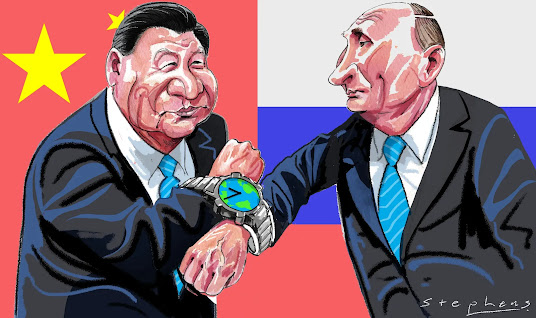Past reports have looked at the links between people's trust in government and institutions with happiness. The findings demonstrate that communities with high levels of trust are happier and more resilient in the face of a wide range of crises.
This year's report comes in the midst of the COVID-19 pandemic, which has upended lives around the world. "COVID-19 is the biggest health crisis we've seen in more than a century," said John Helliwell. "Now that we have two years of evidence, we are able to assess not just the importance of benevolence and trust, but to see how they have contributed to well-being during the pandemic."
"We found during 2021 remarkable worldwide growth in all three acts of kindness monitored in the Gallup World Poll. Helping strangers, volunteering, and donations in 2021 were strongly up in every part of the world, reaching levels almost 25% above their pre-pandemic prevalence. This surge of benevolence, which was especially great for the helping of strangers, provides powerful evidence that people respond to help others in need, creating in the process more happiness for the beneficiaries, good examples for others to follow, and better lives for themselves."
 |
| New Yorker |







